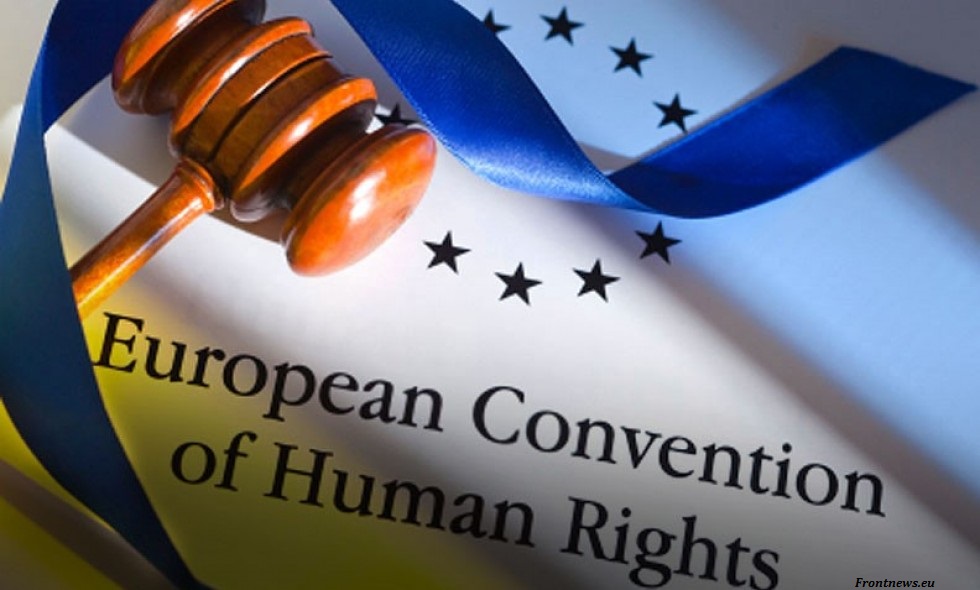On 5 April 2022, the ECHR delivered its judgment in the joined cases of A.A. and others v North Macedonia. The case concerned asylum seekers from Afghanistan, Iraq and Syria who were living in Idomeni camp in Greece and travelled by foot to North Macedonia as part of the “March of Hope” in which 1,500 migrants participated on 14 March 2016. On arrival to North Macedonia, the applicants were met by soldiers who threatened and forced them to return back to Greece through a hole in a fence. The applicants claimed under Article 4 Protocol 4 and Article 13 of the Convention on the grounds that they were expelled without individual removal decisions or legal remedies or possibilities to challenge their deportation.
In its analysis, the Court referred to N.D. and N.T. and Shahzad and confirmed that in the present case the expulsion was of a collective nature as the applicants were removed without any identification procedure or examination of their personal situation. It therefore continued that the necessary examination was whether the lack of individual removal decisions could be justified by the applicant’s conduct. The Court noted that there was no evidence of force used by the applicants and so the examination turned to whether the applicants by crossing the border irregularly avoided an effective procedure for legal entry. It elaborated that if a Contracting State has provided genuine and effective access to means of legal entry and an applicant has not made use of it, the Court will consider whether there were reasons not to do so which were based on objective facts for which the respondent State was responsible. In this regard, the Court noted that Macedonian law provided the applicants a possibility of entering at border crossing points if they fulfilled the entry criteria or sought asylum and that Bogorodica border crossing issues certificates to asylum seekers and was the nearest border crossing to Idomeni camp. The Court confirmed that the fact that no certificates of an expressed intention to apply for asylum were issued at Bogorodica on 14 and 15 March 2016 did not question the accessibility of this crossing or lead to the conclusion that North Macedonia did not provide genuine and effective access to the border crossing point.
It continued that there was nothing to suggest that asylum seekers were prevented from approaching the legitimate border crossing point and lodging an asylum claim or that the applicants attempted to claim asylum and were returned. The applicants did not allege that they had tried to enter Macedonian territory by regular means and the Court was not persuaded that they had the required cogent reasons for not using the Bogorodica border crossing and was ultimately not convinced that the respondent State failed to provide genuine and effective access to procedures for legal entry into North Macedonia. The Court furthermore considered that the applicants put themselves in danger by participating in the entry into the Macedonian territory with a large group and did not make use of existing legal procedures, which attributed to the State’s lack of individual removal decisions.
The Court applied this reasoning to the Article 13 claims and considered that as the lack of an individualised procedure for the applicant’s removal was a result of their own conduct it cannot hold the State responsible for not making a legal remedy against this removal available. It continued that the lack of a remedy did not in itself constitute a violation of Article 13 as the applicant’s complaint was never raised before the authorities of the respondent State. The Court therefore held unanimously that there had been no violation of Article 4 Protocol 4 or Article 13 of the Convention.

